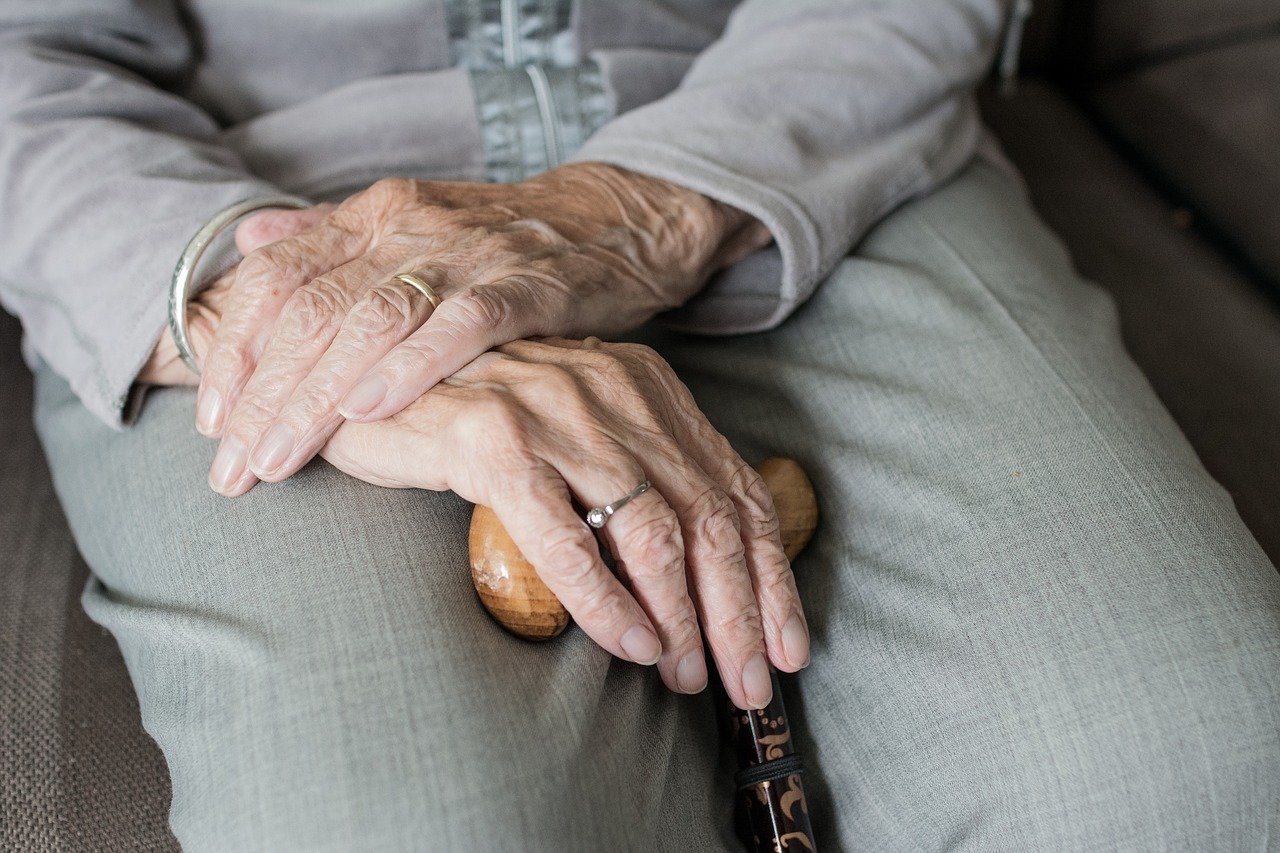
After rejecting enquiries on a care-worker’s appalling treatment of elderly patients, the Western Health and Social Care Trust have finally provided details around a Serious Adverse Incident (SAI) investigation, but only after being warned their continuous refusals to engage would be published.
The management of the Western Trust-owned facility was heavily criticised for “a permitted culture” of failing to address staff concerns over the treatment of highly vulnerable residents.
Care worker Violet Campbell was convicted of ill-treating four vulnerable victims during 2017 and 2018.
Colleagues detailed instances of her behaviour including slapping a patient’s leg and telling another: “Get up, you are stinking.”
Campbell also held a running shower into a patient’s face while shouting: “I will shut you up”.
When challenged Campbell warned colleagues against speaking out.
One colleague stated when she alerted management: “I was told to calm down. Nothing was done about it, yet again. Management never dealt with it.”
Sentencing Campbell to three months imprisonment suspended for two years, Judge Liam McStay told her: “You were entrusted to look after the most vulnerable in society – people who can no longer speak for themselves. They can’t even complain to their loved ones or other staff about their treatment. It’s like someone lying on the ground who is kicked but can’t complain.”
When the case concluded a Trust spokesperson insisted it: “Takes responsibility to ensure the health and safety of all patients, residents and service users extremely seriously. The Trust roundly welcomed the case coming to a conclusion with the successful conviction of the offending individual.”
However the Trust were unwilling to engage when asked to provide a copy of the SAI report contending it: “Does not release information of this nature into the public sphere.”
Meanwhile the Health and Social Care Board (HSCB) willingly confirmed SAI notification from the Trust in February 2019, which was reviewed, an action plan devised and both report and action plan were submitted in November 2019.
In addition a spokesperson confirmed notification of the outcome of the court case: “Regarding the mistreatment of a number of care home residents by a staff member. The HSCB requested the Trust submit a new SAI notification and undertake a review under the regional Adult Safeguarding Procedures.”
Despite being made aware of this, the Trust rejected such information should be publicly available in the interests of transparency and accountability. To an effort to narrow the issues the Trust was asked if it remained unwilling to share the report then to provide the findings and clarify when these were presented to the Trust Board.
Weeks passed during which repeated reminders were sent stressing the public’s right to be informed of the investigation.
A final warning was issued advising publication would proceed with or without responses and include the continuous requests for information.
After seeking a short extension, the Trust eventually complied.
It was confirmed the Regulation and Quality Improvement Authority (RQIA) and Police were notified of the SAI on 21 December 2018.
The PSNI and Adult Safeguarding investigation took priority, so completion of the Trust’s investigation was not until September 2020.
This found senior care assistants are not always clear about their responsibilities around adult safeguarding when raised by staff, nor in absence of the Registered Manager in relation to whistleblowing.
It was recommended the Registered Manager complete a regular training evaluation.
Awareness on whistleblowing and adult safeguarding will be incorporated into training needs and the manager will review this on a six monthly basis.
Adult safeguarding and whistleblowing will be discussed with staff during three monthly supervision sessions. Supervision will address any deficits in staff knowledge via additional enhanced training / awareness.
Head of Service will review safeguarding incidents during monthly provider visits. Managers will promote a culture of safety to enable staff to raise any issues of a safeguarding nature.
Despite the severity of the matter, it emerged the Trust: “Does not present SAI reports to Trust Board. An analysis of SAIs is included to the Governance Committee, which is chaired by a Non-Executive Director.”
This is the second time the Western Trust has stalled on releasing critical information around an SAI. In January 2020, again following media pressure, the Trust finally agreed to provide details around an issue with cervical smear testing, and in doing so assured “Lessons had been learned.”



